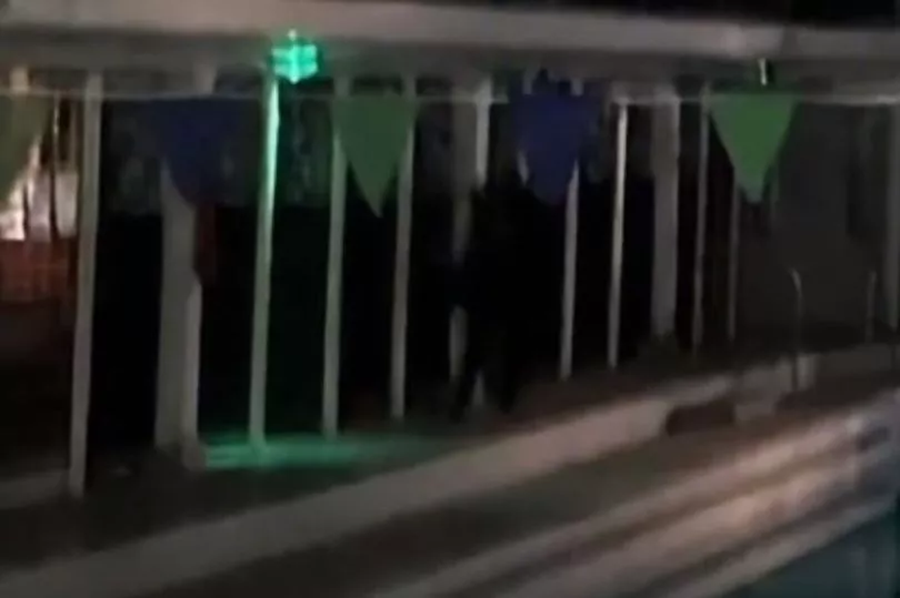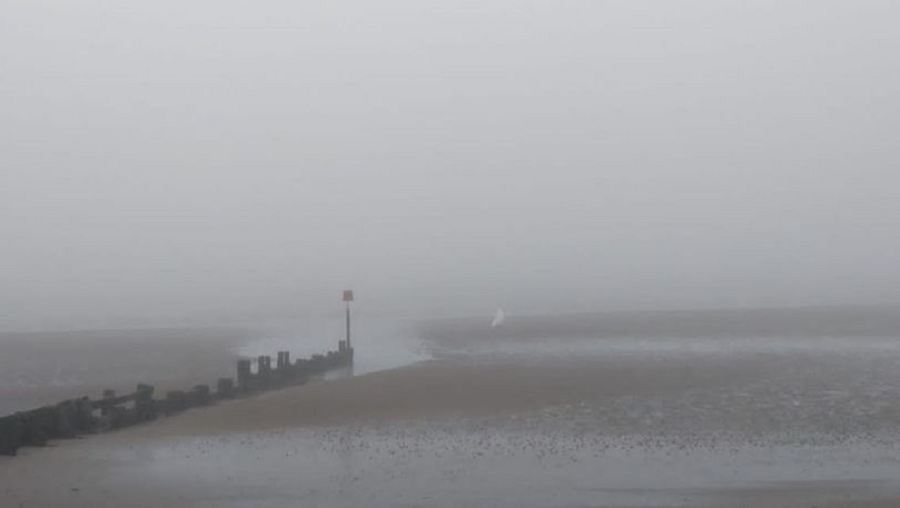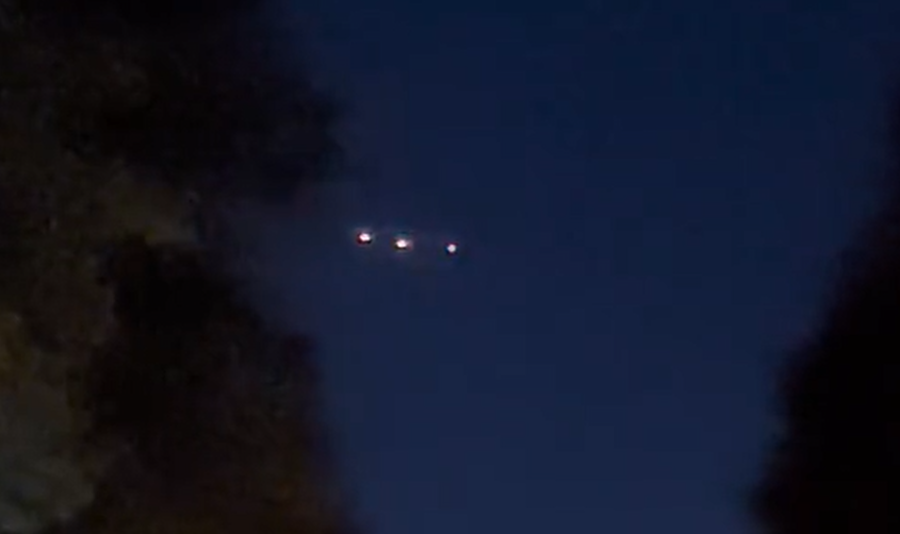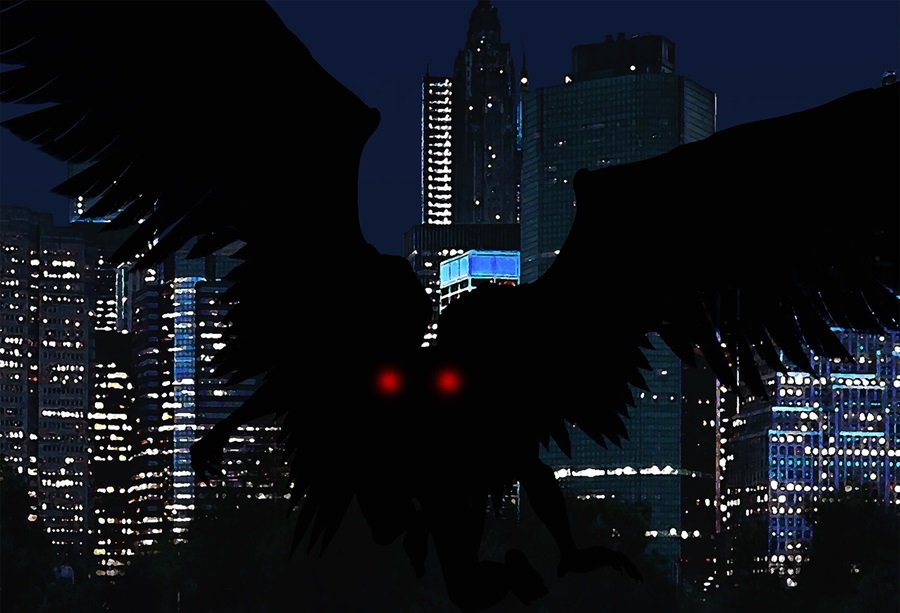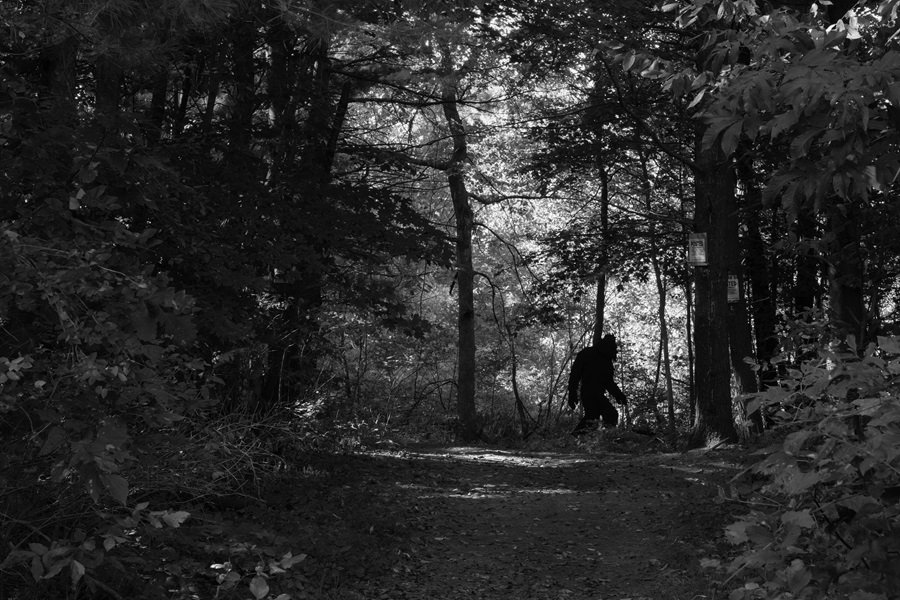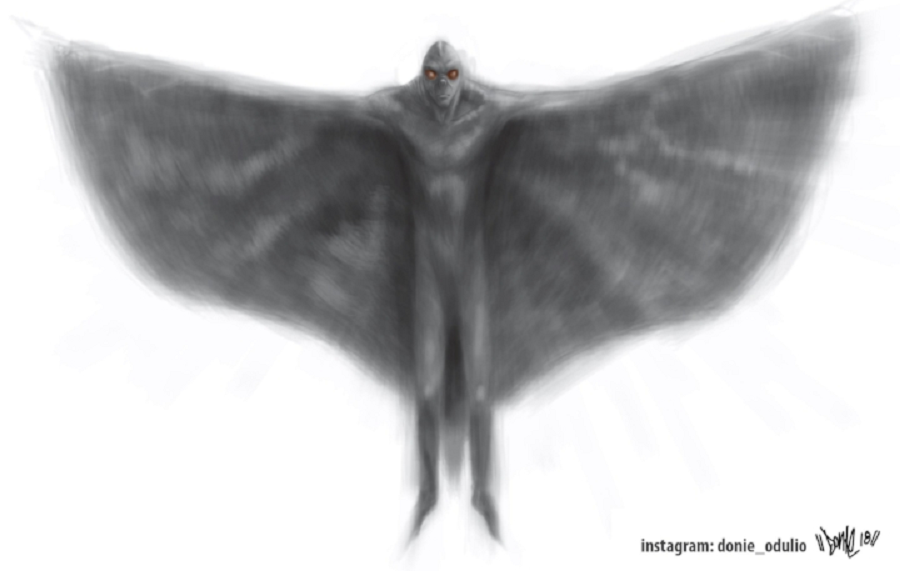"I Think There is Life after Death," Says Veteran Comedian John Cleese
John Cleese, pictured here moderating a panel on life after death held by The University of Virginia’s Division of Perceptual Studies. (Tom Tom Foundation / YouTube)
In a July 30th interview with The Sydney Morning Herald, veteran comedian John Cleese, perhaps best known for his many years performing with comedy troupe Monty Python, was recorded as saying that he is a firm believer in some type of existence after death.
"My private project, which I haven't told anyone about, [is] I think there is life after death," the 80-year-old actor admitted. "I don't know anything in detail, but I've seen enough evidence that something goes on, certainly for some people, after they die."
Once you start reading about that, you begin to realize it may be that consciousness is not produced by the brain. The brain is like a transmitter. It picks stuff up like a television set; the program's not made inside the set. You see what I mean? If you think the brain might operate more like that, it explains a lot of things that ordinary science can't explain.
"I would like to do a TV series, trying to get people to open up to the idea of a life after death,” Cleese said. “Nothing to do with religion at all, purely to do with science. Because I think if people feel that something goes on after death, it makes life itself more meaningful."
Cleese has been a proponent of afterlife studies for years, even once moderating a panel for The University of Virginia’s Division of Perceptual Studies (DOPS) at the 2018 Tom Tom Festival in Charlottesville, Virginia.
According to the DOPS mission statement:
Founded in 1967 by Dr. Ian Stevenson, the Division of Perceptual Studies (DOPS) is a highly productive university-based research group devoted to the investigation of phenomena that challenge mainstream scientific paradigms regarding the nature of the mind/brain relationship. Researchers at DOPS are particularly interested in studying phenomena related to consciousness functioning beyond the confines of the physical body, and phenomena that suggest continuation of consciousness after physical death.
DOPS researchers objectively document and rigorously analyze empirical data collected regarding human experiences which suggest that mind and brain may be distinct and separable, and that consciousness may persist in detectable ways beyond bodily death.
It is our hope that other scientists will join us in addressing the serious study of the nature of consciousness and its interaction with the physical world.
The DOPS research portfolio "includes investigating children who have memories of past lives; the nature of consciousness and the mind-body relationship; neuro-imaging studies of psi events; and individuals who report experiencing near-death experiences(NDEs)."
To report your own encounter with the impossible, reach out to us directly at the Singular Fortean Society through our contact page.
If you enjoyed this article and would like to support the Singular Fortean Society, please consider becoming an official member by signing up through our Patreon page—membership includes a ton of extra content and behind-the-scenes access to the Society’s inner workings.





